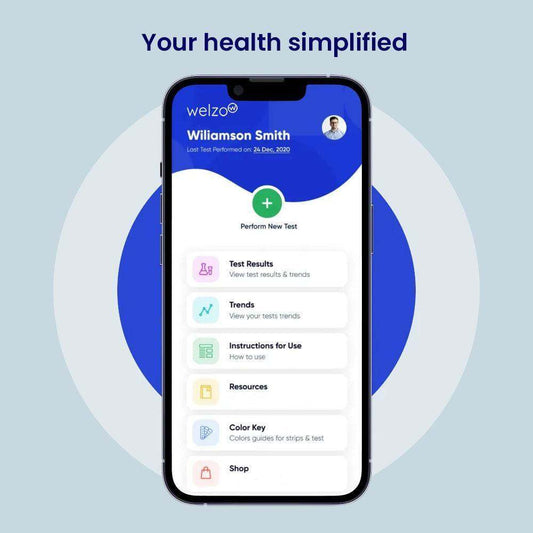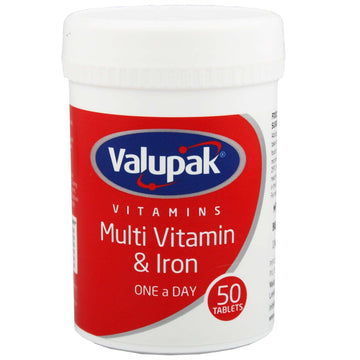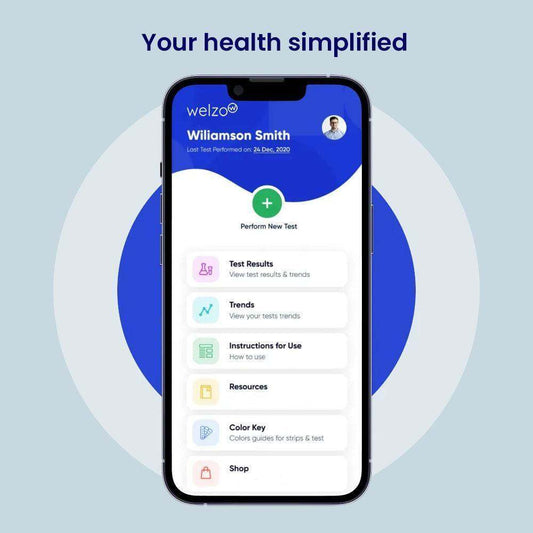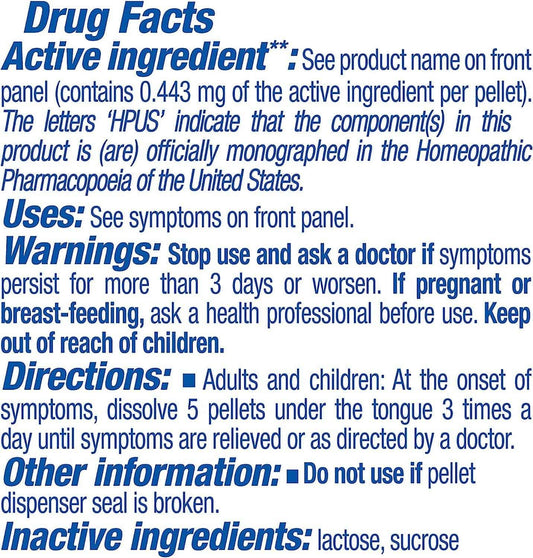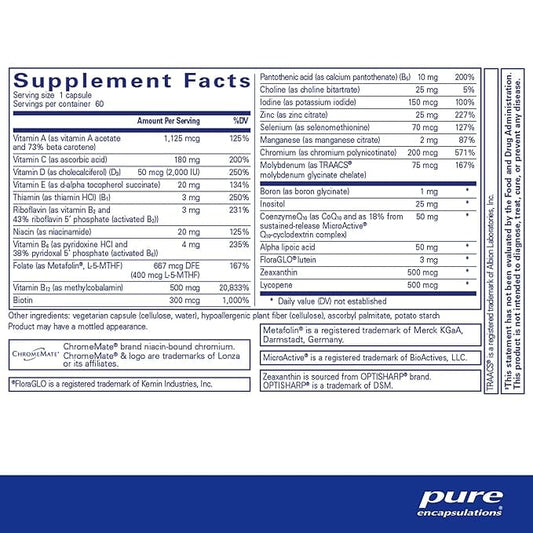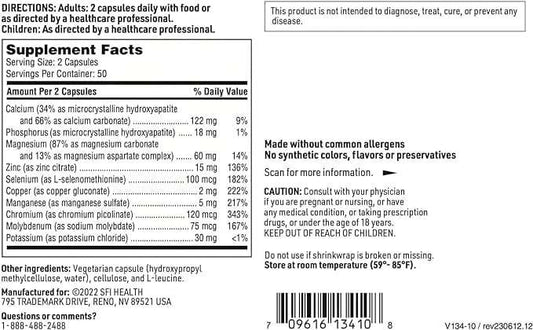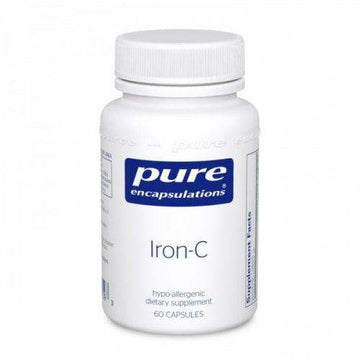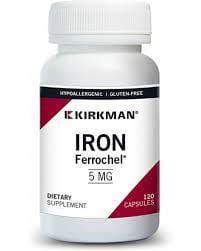Iron Supplements UK are essential for maintaining overall health and well-being, with significant benefits for bone and joint health. Iron plays a crucial role in supporting the body’s metabolic processes, including the production of hemoglobin, which carries oxygen to tissues and organs, including bones and joints. Adequate iron levels are vital for energy production, preventing fatigue, and ensuring your bones and joints remain strong and healthy.
Iron is also key in supporting Immunity, which plays an indirect role in bone and joint health by preventing inflammatory conditions that may lead to pain and discomfort. Additionally, when combined with other minerals like calcium and vitamin D, iron helps optimize bone density, thus supporting long-term skeletal health and reducing the risk of conditions such as osteoporosis.
Symptoms of iron deficiency, including fatigue, dizziness, and muscle weakness, can also affect bone and joint function, as low energy levels make it harder to stay active, potentially leading to joint stiffness or weakness. Ensuring you have the right level of iron can enhance mobility and flexibility, ultimately contributing to better joint and bone health.
Incorporating iron supplements into your daily routine can improve not only your iron levels but also your overall vitality, ensuring you remain active, mobile, and free from bone and joint-related concerns. Always consult a healthcare professional to determine the appropriate dosage and form of iron supplements for your unique health needs.
Iron Supplements
Iron Supplements UK are essential for maintaining overall health and well-being, with significant benefits for bone and joint health. Iron plays a crucial role in supporting the body’s metabolic processes, including the production of hemoglobin, which carries oxygen to tissues and organs, including bones and joints. Adequate iron levels are vital for energy production, preventing fatigue, and ensuring your bones and joints remain strong and healthy.
Iron is also key in supporting Immunity, which plays an indirect role in bone and joint health by preventing inflammatory conditions that may lead to pain and discomfort. Additionally, when combined with other minerals like calcium and vitamin D, iron helps optimize bone density, thus supporting long-term skeletal health and reducing the risk of conditions such as osteoporosis.
Symptoms of iron deficiency, including fatigue, dizziness, and muscle weakness, can also affect bone and joint function, as low energy levels make it harder to stay active, potentially leading to joint stiffness or weakness. Ensuring you have the right level of iron can enhance mobility and flexibility, ultimately contributing to better joint and bone health.
Incorporating iron supplements into your daily routine can improve not only your iron levels but also your overall vitality, ensuring you remain active, mobile, and free from bone and joint-related concerns. Always consult a healthcare professional to determine the appropriate dosage and form of iron supplements for your unique health needs.
-
Save- £2.46Save- £10.00Vendor:Pure EncapsulationsVendor:Forceval
Forceval Capsules
34 ReviewsRegular price From £16.29Regular price Sale price From £16.29Vendor:Seeking HealthTrace Minerals Complex II - Iron and Copper Free - 30 Vegetable Capsules - Seeking Health
178 ReviewsVendor:Carlson LabsSaveVendor:Kirkman LaboratoriesFrequently Asked Questions
Is it OK to take an iron supplement every day?
Most people should be able to get all the iron they need by eating a varied and balanced diet. If you take iron supplements, do not take too much as this could be harmful. Taking 17mg or less a day of iron supplements is unlikely to cause any harm.
What is the most effective iron supplement?
Ferrous sulfate is the most commonly prescribed iron supplement. Your doctor might recommend that you also take vitamin C along with the iron to help your body absorb the iron better. Ferrous gluconate does the same thing as ferrous sulfate, but it has less iron in each tablet.
How do I know if my iron is low?
Symptoms of iron-deficiency anemia are related to decreased oxygen delivery to the entire body and may include: Being pale or having yellow "sallow" skin. Unexplained fatigue or lack of energy. Shortness of breath or chest pain, especially with activity.
Should I take iron in the morning or at night?
Guidelines generally recommend taking iron supplements in the morning away from meals and with ascorbic acid (AA) to increase iron absorption. However, there is little direct evidence on the effects of dietary factors and time of day on absorption from iron supplements.
Buy Together & Save 10%
Your cart is emptyThis quantity of item cannot be added to the cart Continue shoppingYour cartSubtotal$000.00
Free delivery on orders over £50
Spend more to get
You may also like
Site Preferences- Choosing a selection results in a full page refresh.
- Opens in a new window.
Buy Together & Save 10%



